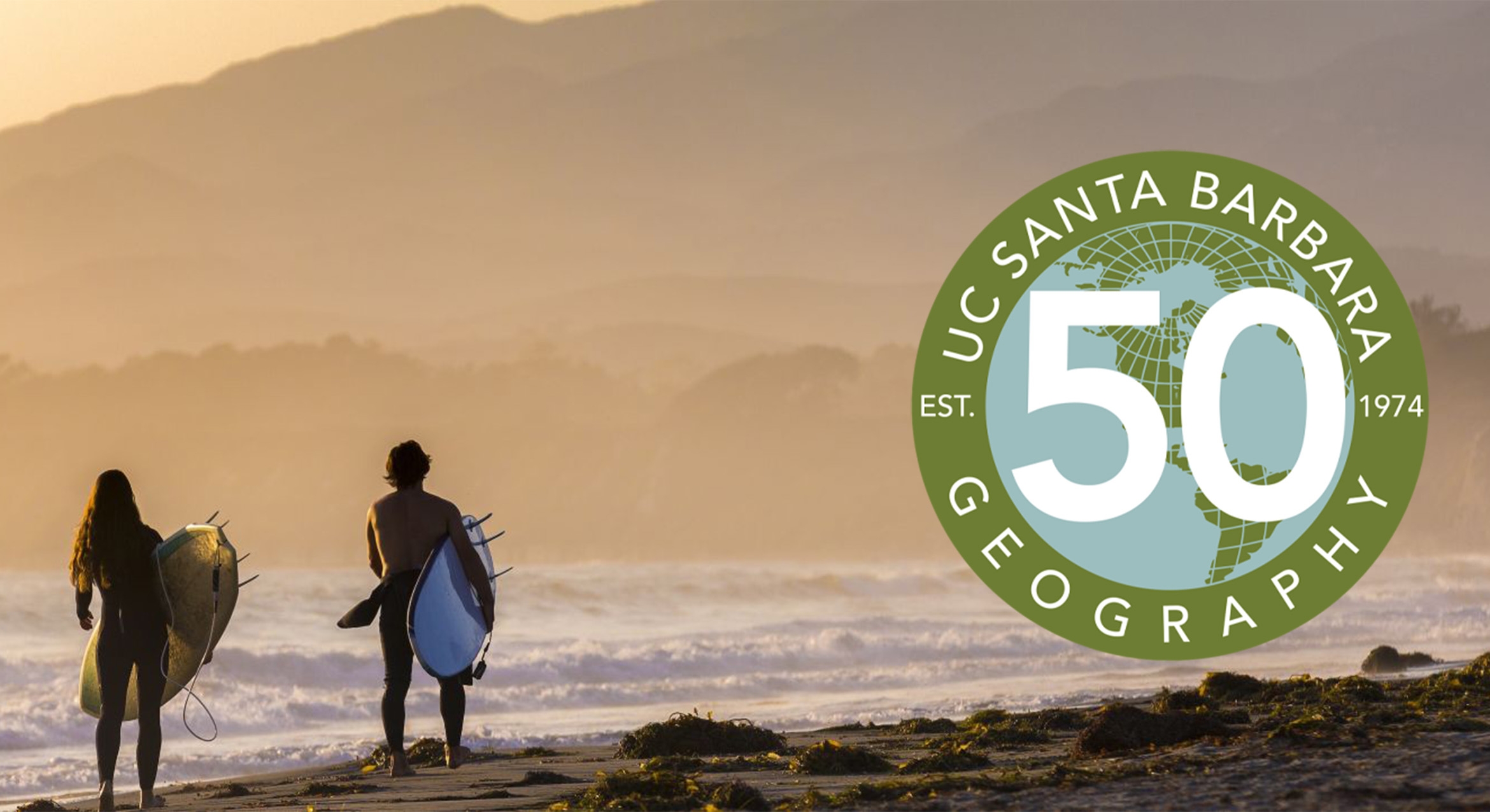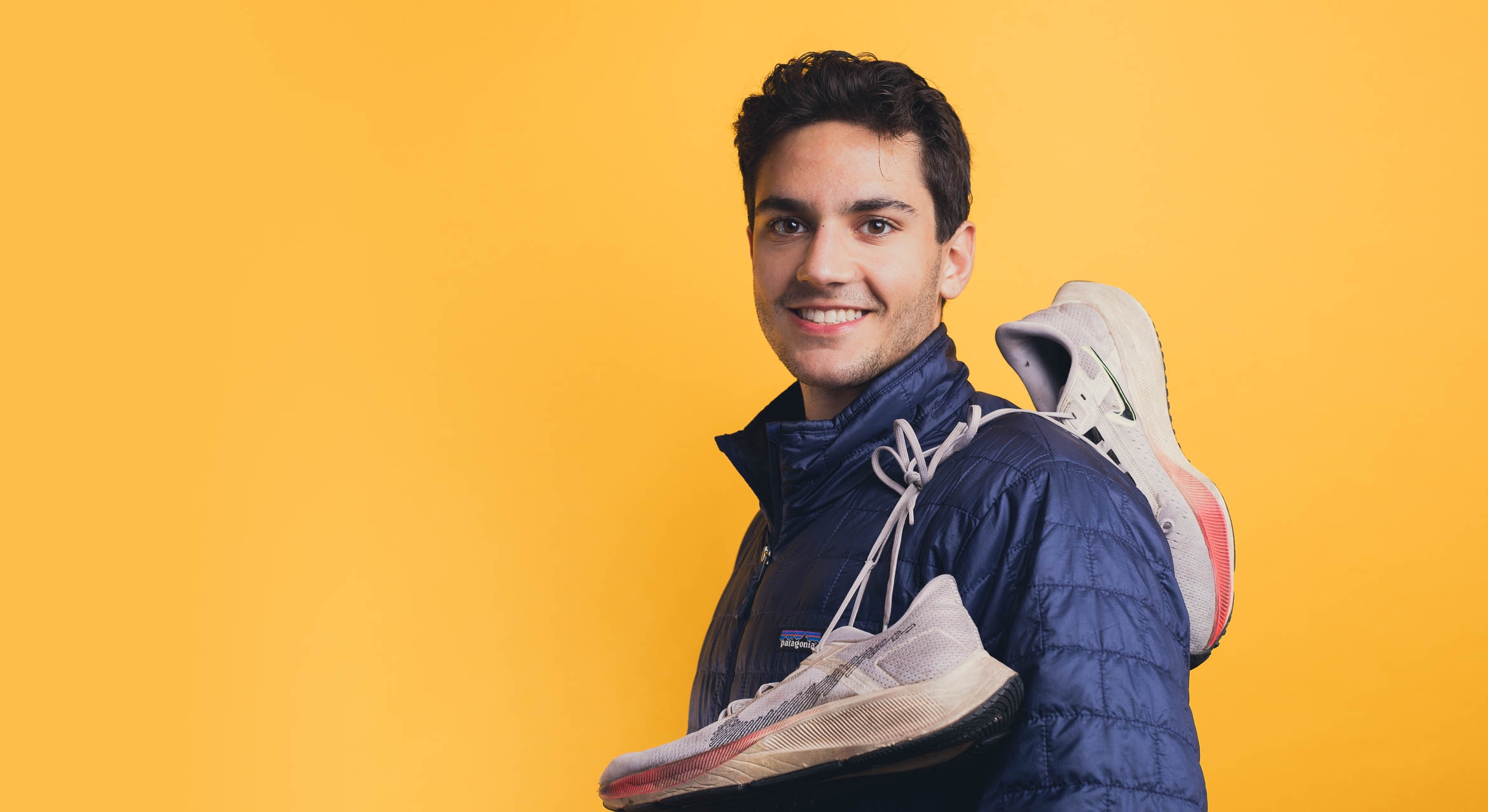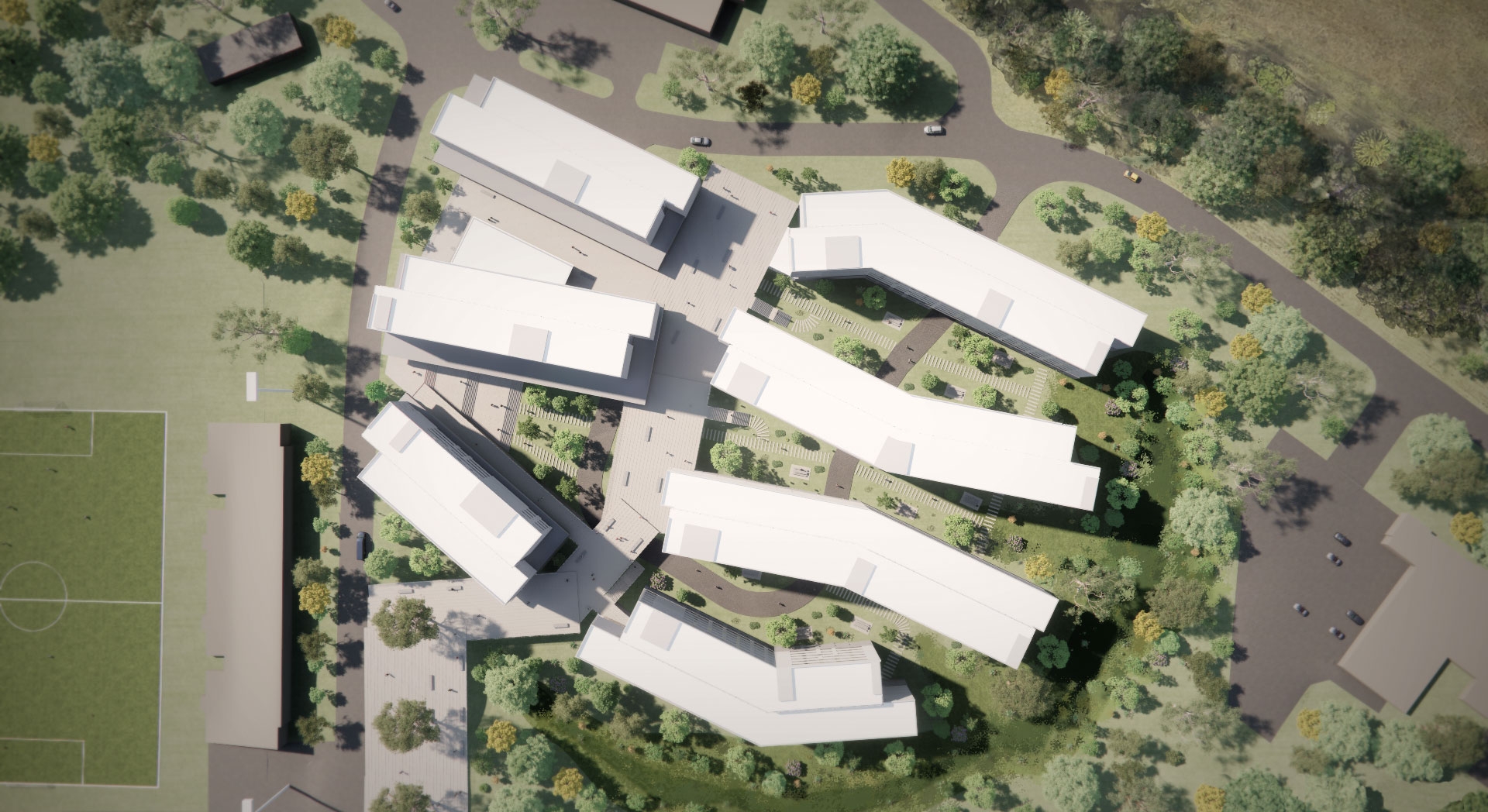UCSB Receives $1.2 Million From Keck Foundation To Advance Solutions To Global Ecological Problems
The University of California, Santa Barbara has been awarded $1.2 million from the W. M. Keck Foundation to develop new techniques and technologies for the conservation of natural resources and environmental restoration.
The grant will support the creation of an interdisciplinary research program in ecotechnology, a conceptually new, proactive approach to critical conservation issues such as the restoration of degraded habitats, the maintenance of biodiversity, and the enhancement of exploited populations.
Eleven UCSB scientists and engineers from the Marine Science Institute and the California NanoSystems Institute are collaborating to identify effective mechanisms to assist the recovery of degraded habitats and species, particularly in the marine environment.
Initial research will focus on one of the most pressing ecological problems in the ocean, the global degradation of coral reef ecosystems.
The innovative research program combines UCSB's strengths in ecology, marine science, engineering, and nanotechnology--the science of manipulating matter at the atomic or molecular scale.
"We are poised for major advances in the development of ecotechnological applications to conservation issues, due to recent breakthroughs in the theoretical understanding of the ecological bottlenecks to restoration and dramatic advances in the development and miniaturization of technology that can be used to sense and manipulate systems at the nanometer or micron scale," said Russ Schmitt, professor of ecology.
Schmitt and Evelyn Hu, professor of electrical engineering and materials, are co-directors of the new research initiative, which has the potential to bring about a paradigm shift in the approach taken to restore the environment.
"The ecotechnology program will capitalize on our progress by mounting a synergistic research effort, involving an interdisciplinary team of experts, to take the critical next step of developing and applying specific technologies in a real system," said Hu, who also serves as scientific co-director of the California NanoSystems Institute.
Ecotechnology involves the environmentally benign management of species within ecosystems to obtain a desired ecological outcome.
Through the integration of electronic materials with biological materials, a host of critical biological processes that occur at very small scales potentially can be monitored and controlled electronically, transforming the researchers' ability to study and manipulate the natural environment.
Over the last 20 years, there has been a significant increase worldwide in policies and practices to protect natural resources.
In the marine environment, they have focused primarily on changing human behavior, improving harvesting practices, and creating marine reserves.
Although critically important, these efforts have not been effective because they abate the threat, but leave the damaged ecosystem on its own to recover, a process that can be extraordinarily long, and in some cases may never occur, according to the researchers.
Slow growth, limited reproduction, and other natural bottlenecks can stretch recovery out for decades or even centuries.
"With such slow rates of recovery, ecological restoration will inevitably lose the race with future environmental degradation unless new methods for environmental management are discovered and implemented," Schmitt noted.
Ecotechnology evolved naturally from the bioengineering research emphasis at UCSB, which has seeded efforts in much of the critical science underlying the new approach.
"We are now able to apply specific technological advances made by our engineers to surmount restoration bottlenecks that our ecologists have been central in identifying," Schmitt said.
Members of the research team affiliated with the Marine Science Institute are Steven Gaines, professor of ecology and director of the institute; Andrew Brooks, associate, Coastal Research Center; Sally Holbrook, professor of ecology, Coastal Research Center; Aileen Morse, associate, Marine Biotechnology Center; and Daniel Morse, director, Marine Biotechnology Center, and chair, Biomolecular Science and Engineering Program. Researchers from the California NanoSystems Institute are Matthew Tirrell, the Richard A. Auhll Professor and Dean, College of Engineering; Alison Butler, professor of chemistry and biochemistry, and associate dean, bioengineering; Steven DenBaars, professor of materials; and Kimberly Turner, assistant professor, mechanical engineering.
This initiative brings their collective expertise together in an important new kind of partnership, linking marine science research and nanosciences.
The Marine Science Institute is the focus for marine, coastal zone, and freshwater research, marine policy studies, and educational outreach in marine science.
Considered an international leader in ocean research, it supports projects across the disciplines.
The California NanoSystems Institute is a research partnership between UCSB and UCLA that is probing matter at the scale of a billionth of a meter in search of beneficial technologies that could revolutionize environmental management, medicine, communications, computing, data storage, electronics, instrumentation, and materials.
It is one of the prestigious California Institutes for Science and Innovation created by Gov. Gray Davis and the state legislature.
The W. M. Keck Foundation, of Los Angeles, is one of the nation's largest philanthropic organizations.
Established by the late William Myron Keck, founder of the Superior Oil Company, the foundation primarily supports research in medicine, science, and engineering.
Note to editors: For further information, contact: Russ Schmitt, co-director of the interdisciplinary research program in ecotechnology and director of the Coastal Research Center at the Marine Science Institute, at (805) 893-2051.
His email address is schmitt@lifesci.ucsb.edu Evelyn Hu, co-director of the ecotechnology program and the California NanoSystems Institute and professor of electrical and computer engineering and materials, can be reached at (805) 893-2368.
Her email address is hu@ece.ucsb.edu



